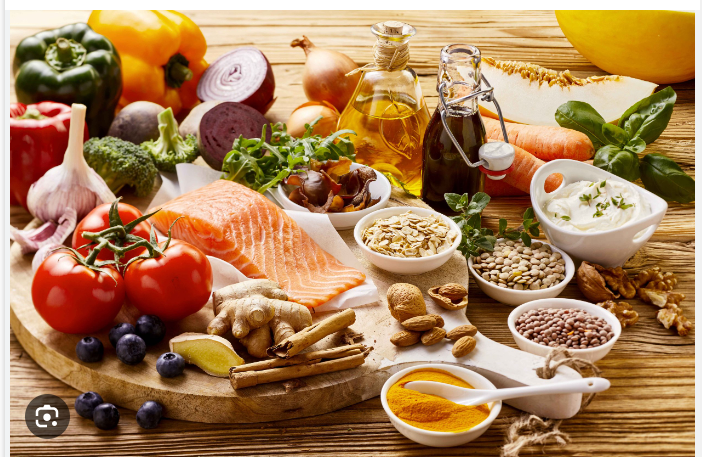Title: Exploring the World of Food
Introduction:
Food is not merely sustenance; it is a cultural cornerstone, a source of pleasure, and a reflection of our identity. In this essay, we delve into the multifaceted world of food, exploring its significance, diversity, and impact on society.
The Significance of Food:
Food holds profound significance in every aspect of human life. Beyond its essential role in nourishing our bodies, food plays a central role in social gatherings, celebrations, and rituals. It serves as a means of expressing love, hospitality, and cultural heritage, connecting individuals across generations and continents.
Cultural Diversity in Food:
One of the most captivating aspects of food is its diversity. Every culture has its own unique culinary traditions, ingredients, and flavors, shaped by geography, history, and local customs. From spicy curries in India to delicate sushi in Japan, the rich tapestry of global cuisine reflects the creativity and ingenuity of humanity.
The Pleasure of Eating:
Eating is not just about fulfilling hunger; it is a sensory experience that engages all five senses. The aroma of freshly baked bread, the vibrant colors of a fruit platter, the sizzle of a steak on the grill—these are moments of pure pleasure that tantalize the taste buds and nourish the soul.
Food and Health:
While food brings joy and satisfaction, it also has a profound impact on our health and well-being. A balanced diet rich in fruits, vegetables, whole grains, and lean proteins is essential for maintaining optimal health and preventing chronic diseases such as obesity, diabetes, and heart disease. However, the modern food system is fraught with challenges, including food insecurity, food deserts, and the prevalence of ultra-processed foods high in sugar, salt, and unhealthy fats.
The Future of Food:
As the global population continues to grow and environmental pressures mount, the future of food presents both challenges and opportunities. Sustainable food production practices, such as regenerative agriculture and plant-based diets, offer promising solutions for mitigating climate change, conserving natural resources, and promoting food security. Additionally, technological innovations, such as lab-grown meat and vertical farming, have the potential to revolutionize the way we produce and consume food in the 21st century.
Conclusion:
In conclusion, food is a universal language that transcends borders and bridges divides. It is a source of nourishment, joy, and cultural expression that enriches our lives in countless ways. As we navigate the complexities of the modern food system, let us cherish the diversity of culinary traditions, embrace the pleasures of eating mindfully, and work towards a future where everyone has access to healthy, sustainable, and delicious food.

